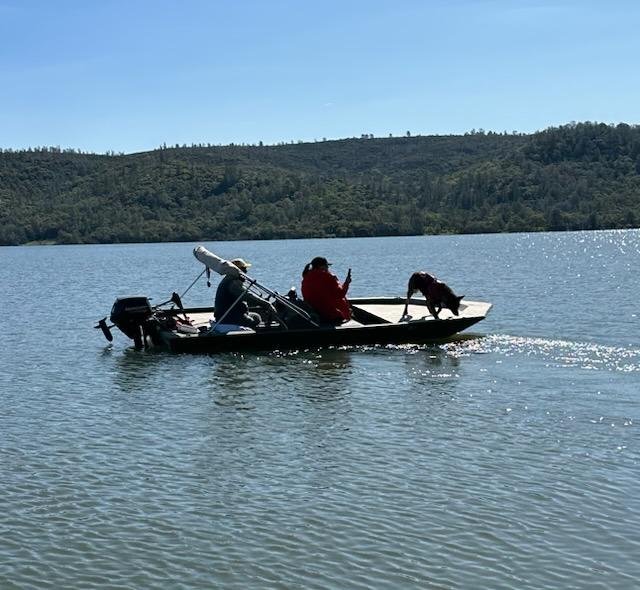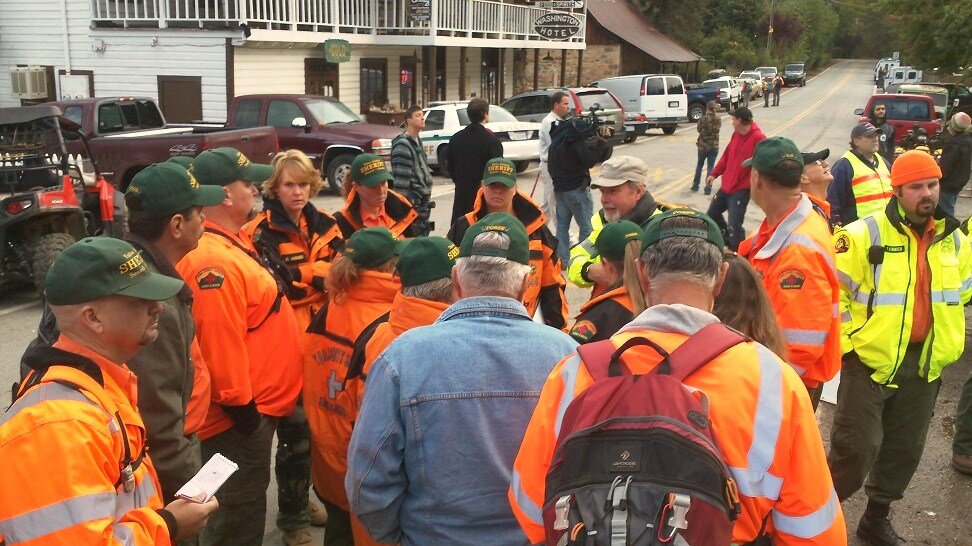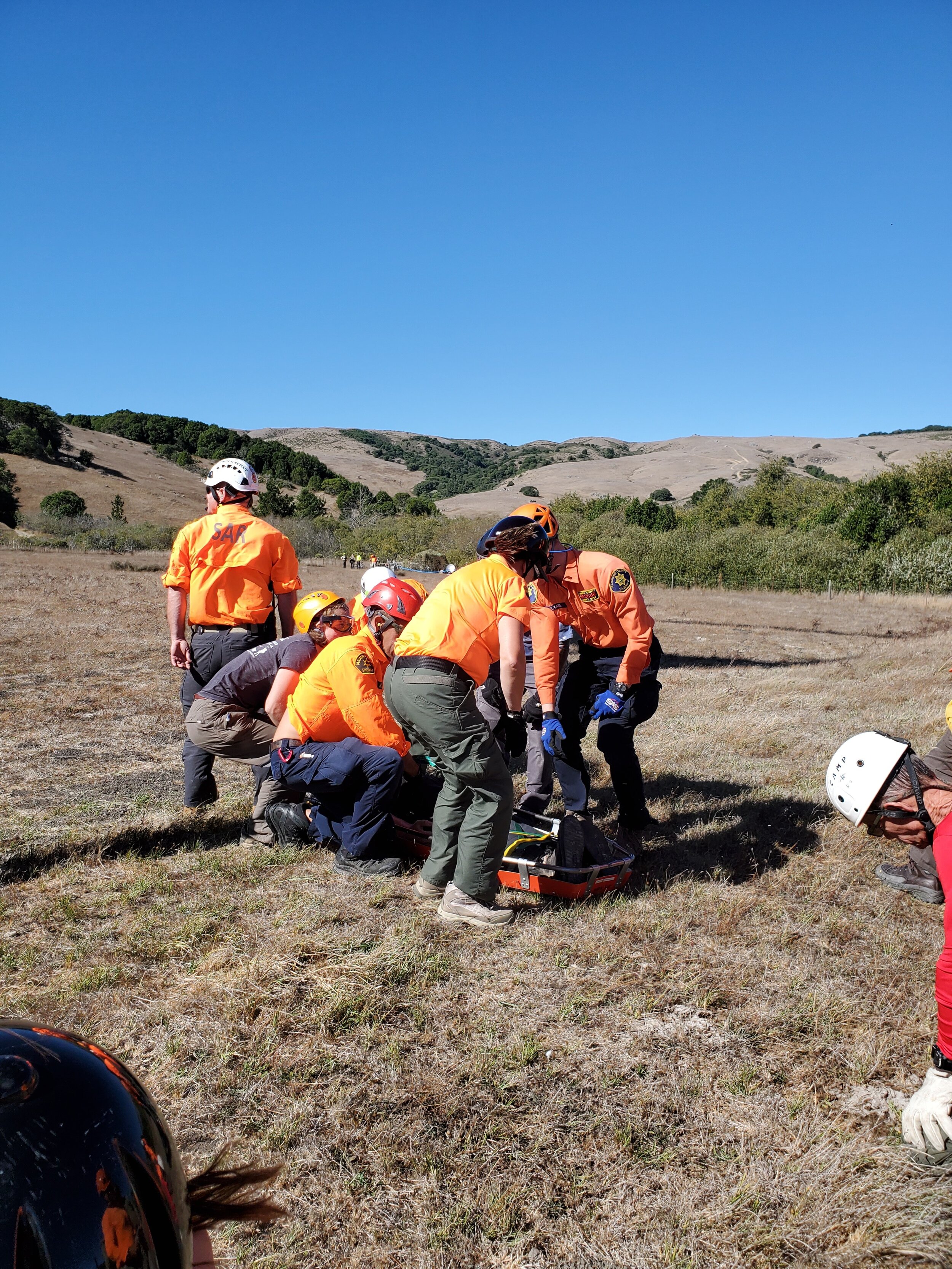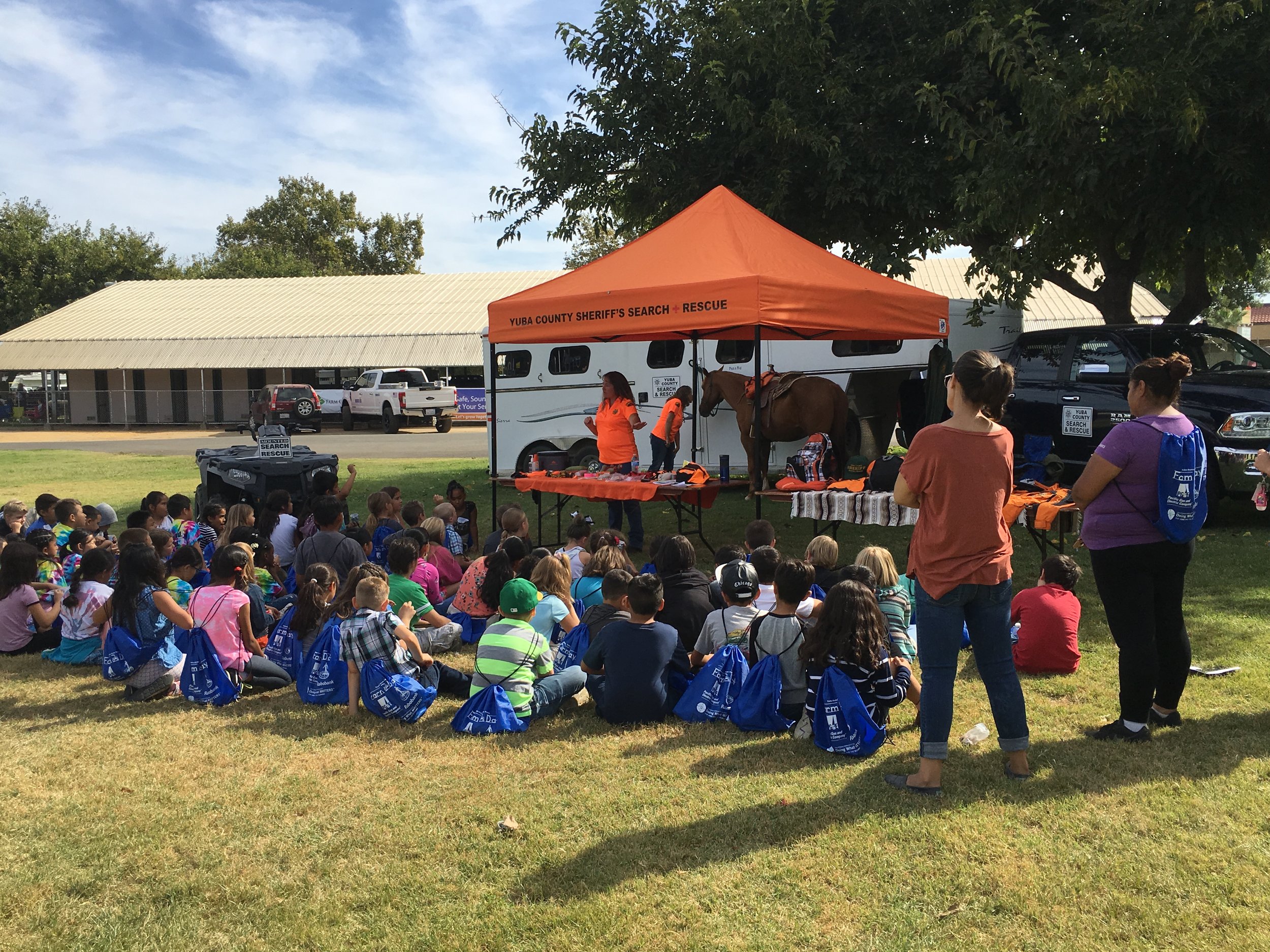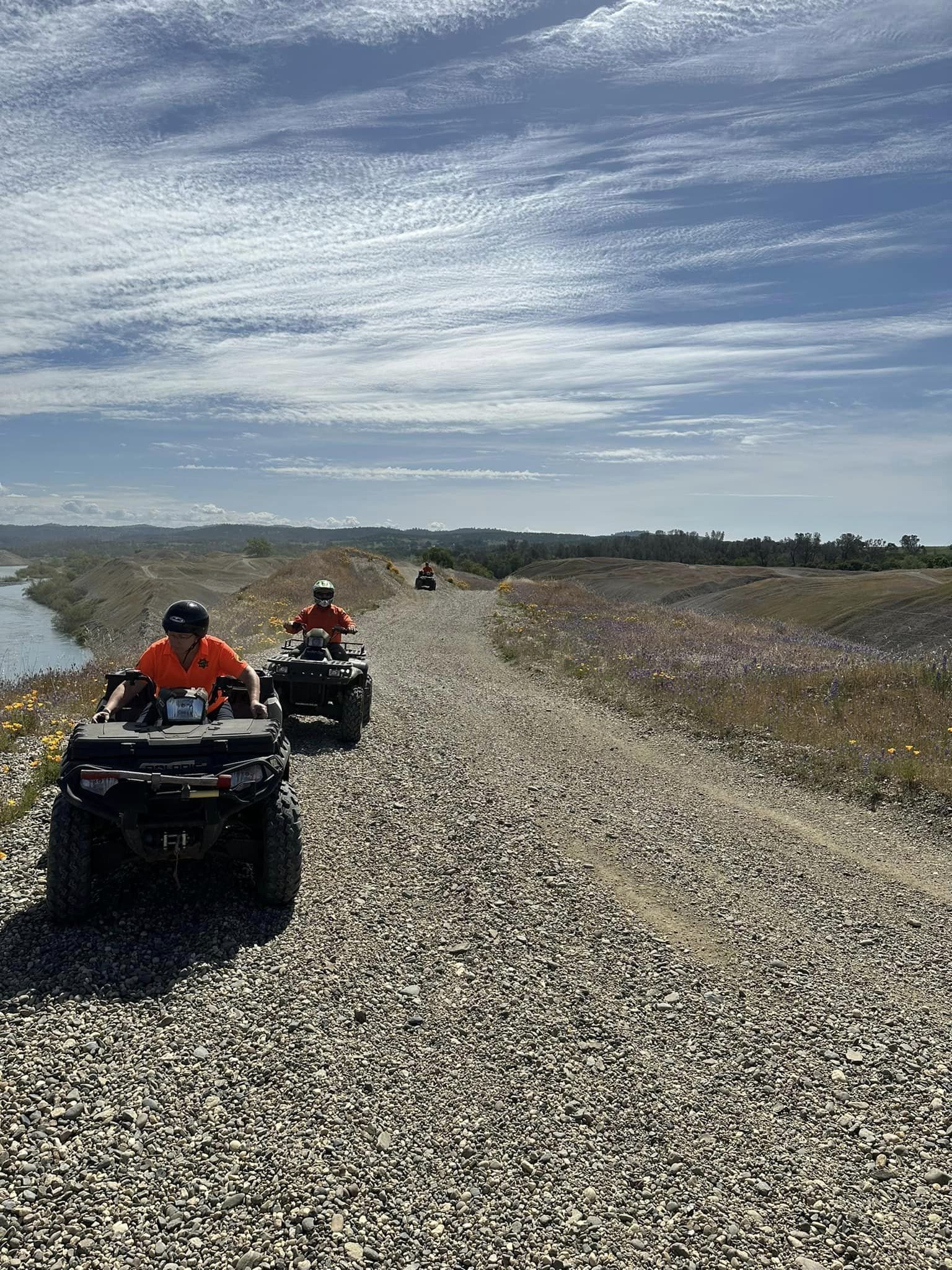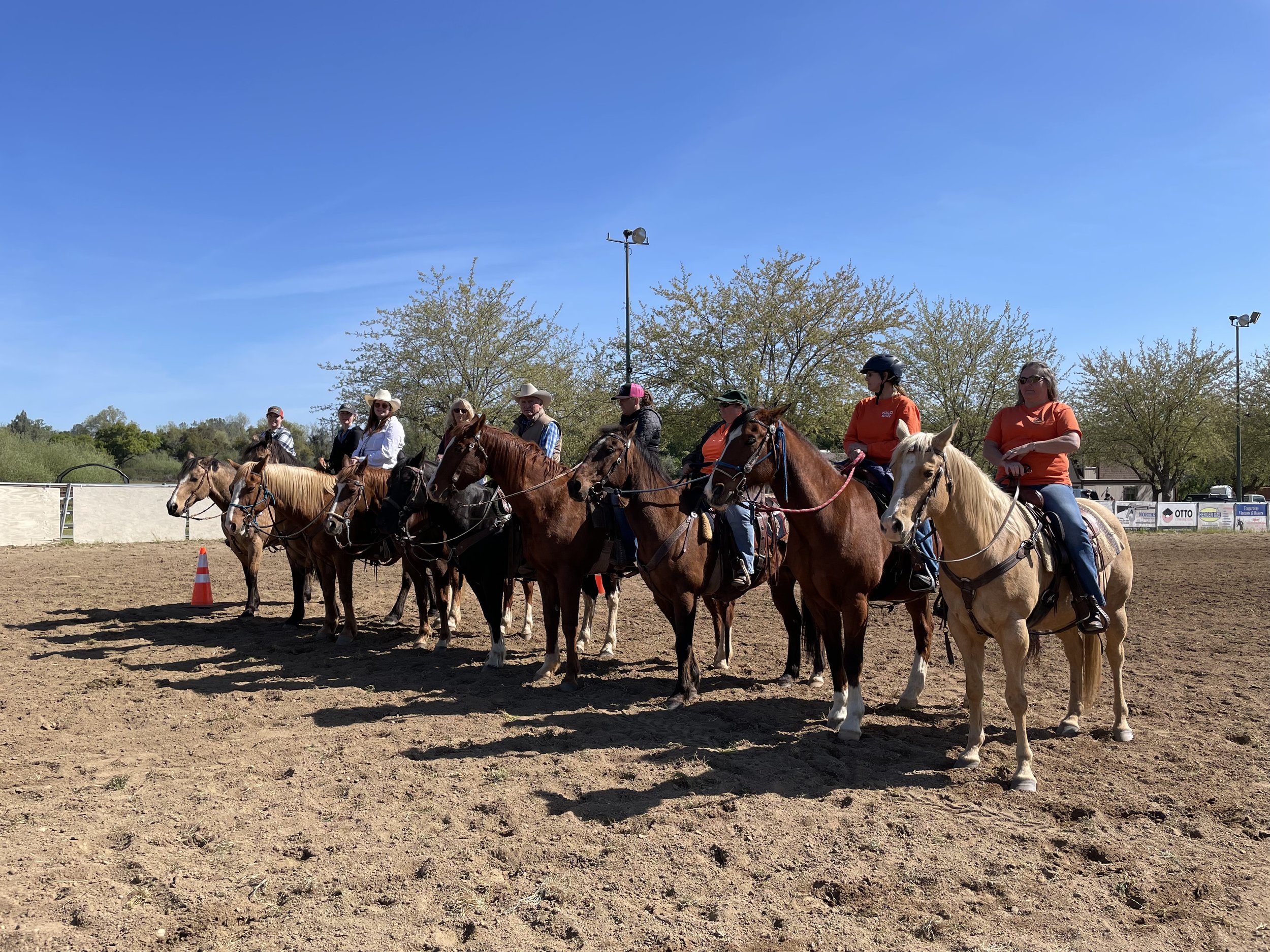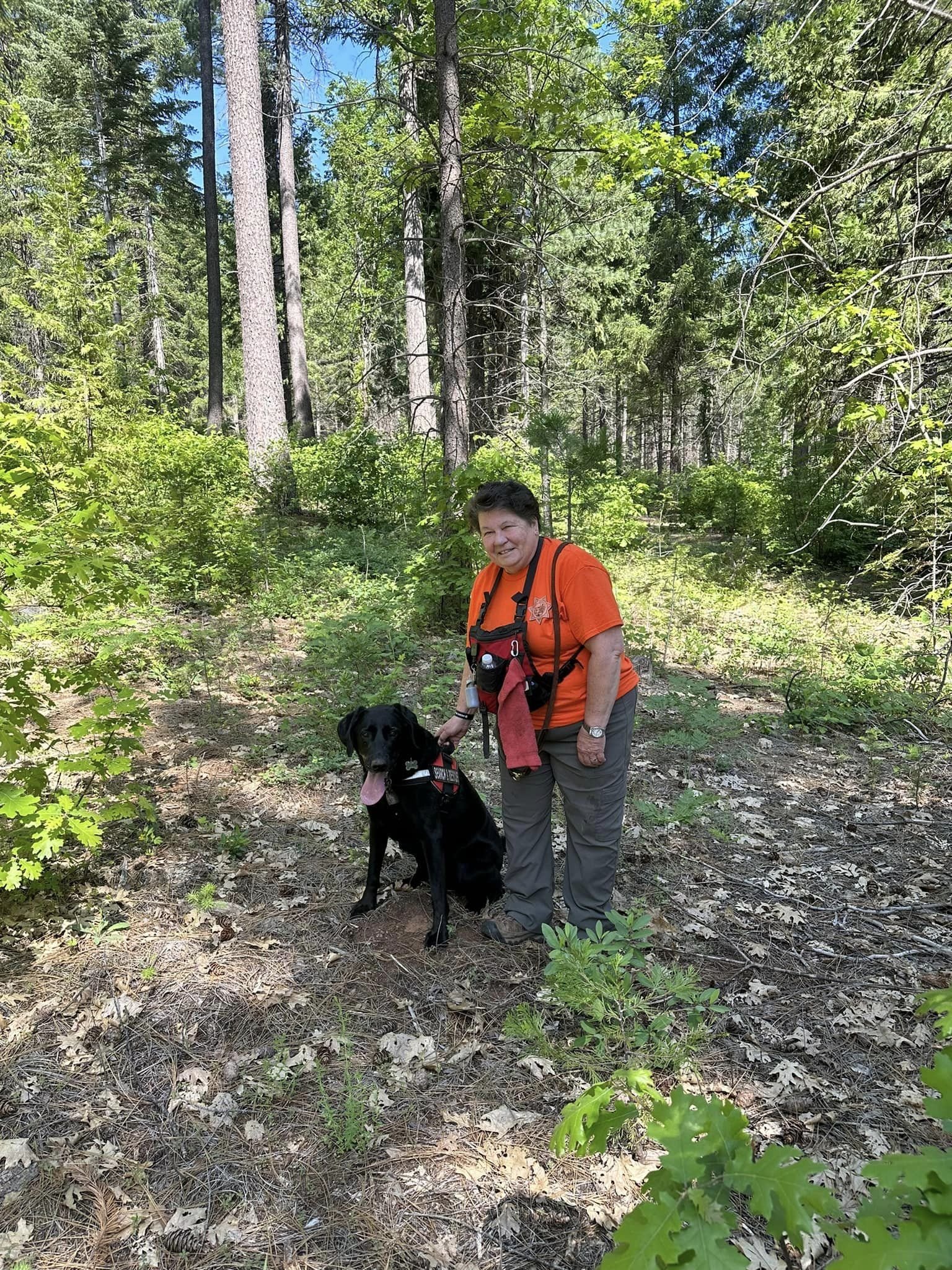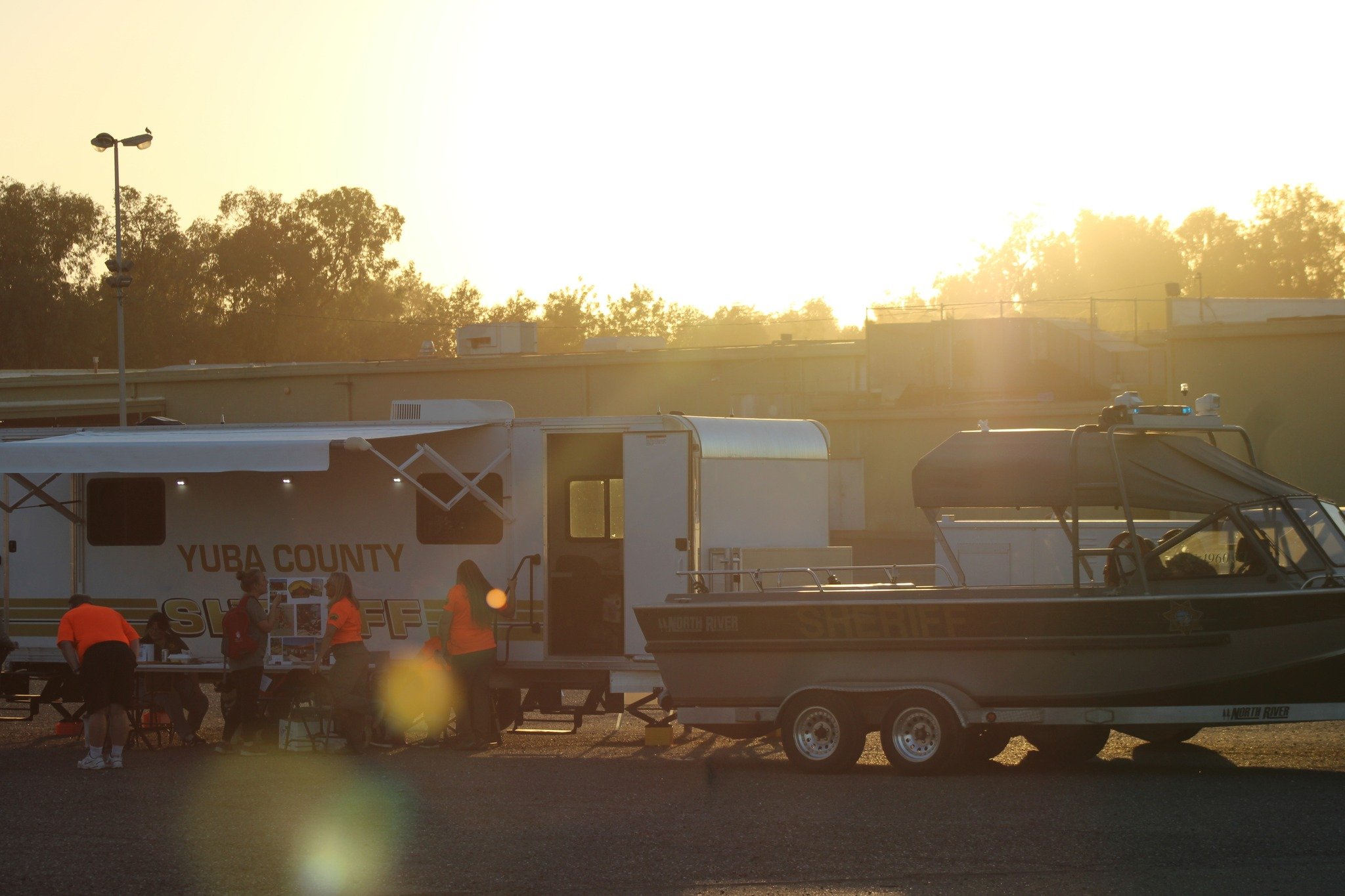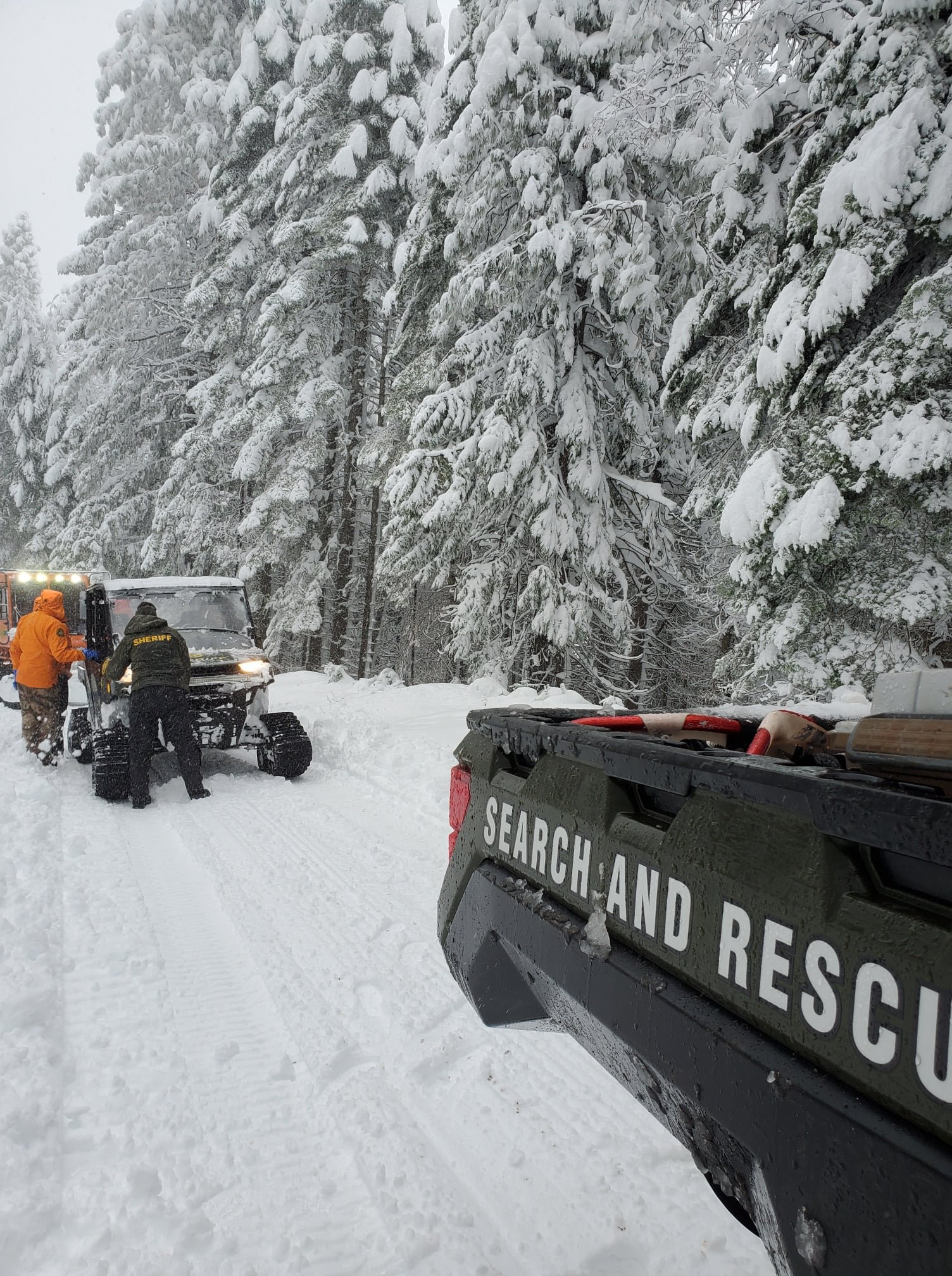
WHAT WE DO
The Yuba County Sheriff’s Search and Rescue is a 100% volunteer organization and is funded exclusively by donations, fundraisers, and grants from the community. We serve the Yuba County Sheriff's Department and the community by participation in search and rescue operations, provision of aid during times of disaster and sponsorship of, and participation in, community events and activities.
The team operates under the direction of the Yuba County Sheriff’s Office and is activated through the OES (Office of Emergency Services) for search and rescue efforts.
We require members to adhere to a biennial training schedule and training must be completed before members will be placed on call and able to participate in missions.
Here are a few of the topics that are covered during our routine trainings:
Land Navigation (including map, compass and GPS)
Man Tracking
Search Techniques
K9
Rope Handling
Basic Survival
First Aid/CPR
Evidence Handling
Patient Care and Packaging
Radio Communications
Incident Command System (ICS)
OHV training
Equine Training
How We Search
YCSSAR searches in both urban and rural locations. We use various methods to conduct our searches.
Ground
On foot searchers are dispatched from the command post, each unit with a radio and their 24 hour pack. These teams are given maps of the area, an assignment, and a briefing regarding the subject. They search their assigned areas conducting voice calls for the subject, looking for tracks and other clues. These teams can expect to either stay in the field for extended periods or go through several shorter assignments.
Equine
Mounted searchers are used to clear large assignments, orchards, and trails. The rider's height in the saddle creates a vantage point for an angle of view higher than other ground resources; advantageous in many environments. Mounted teams can also be used to transport equipment, or to carry a tired or injured subject back. Mounted teams are often used in areas where motorized vehicles are prohibited. Mounted searchers can travel approximately twice the speed and three times the distance that a ground team can. Members provide their own equines for this method.
OHV
OHV searchers perform detailed searches of trail systems and are often used to transport gear, medical supplies, and fellow searchers into or out of the field. Additionally, they may be used to transport subjects back to safety during a search. OHV searchers brave steep hillsides, climb logs, and wade through bodies of water during search efforts. Members provide their own OHV’s for this method.
K9
K9 searchers are used for ground and water searching. Area dogs can cover 100+ acres of assigned search area a day (dependent on weather and terrain). Trailing dogs are used to establish higher probability search areas based off direction of travel of the missing person. Water HRD (human remains detection) dogs are trained to pinpoint missing persons to assist with water recoveries. Land HRD dogs are especially useful in disasters, fires, criminal cases, and other searches when the subject is known to be deceased. Members provide their own K9's for these methods.
Mutual Aid
YCSAR also responds to Mutual Aid requests from CALOES and neighboring counties for search and rescue missions. The concept of Mutual Aid is simply neighbor helping neighbor during emergency conditions. In California, a SAR event is considered an emergency. When requested, our team sends trained searchers to other counties to assist in search and rescue operations.
COMMUNITY
We strive to play a proactive role throughout the community while being in touch with and responding to the needs of the community. We participate in activities such as community parades and events as well as helping community members in need and sponsoring local groups and organizations. For more information on sponsorship opportunities click here.

